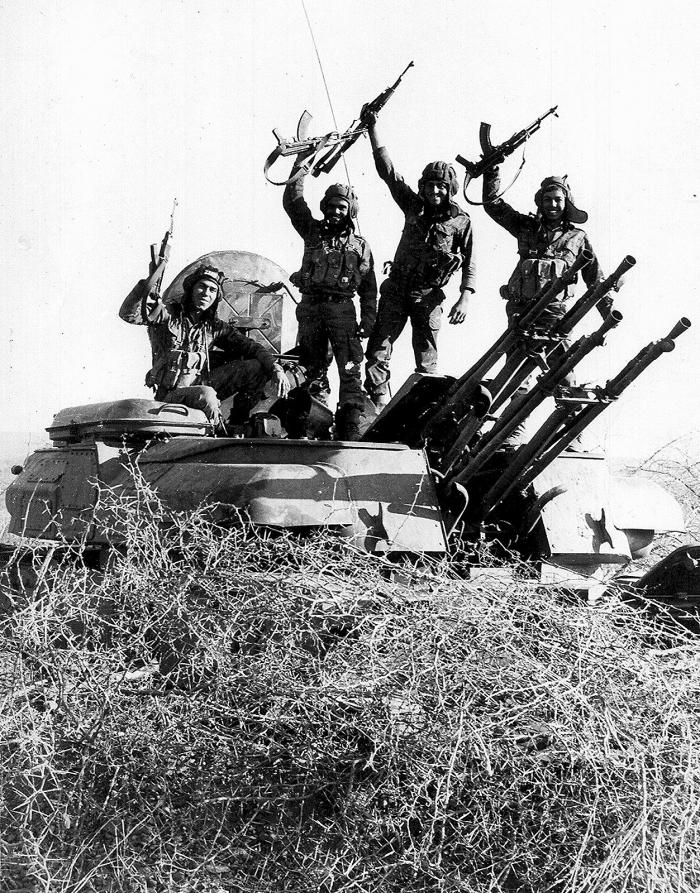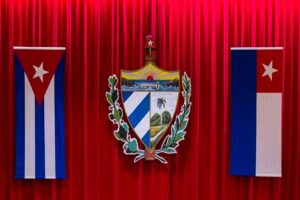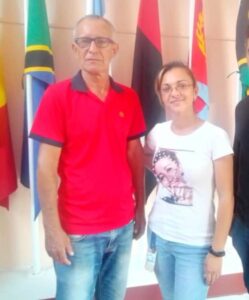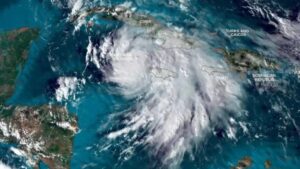Not by chance, and with the vision that always distinguished him, African leader Oliver Tambo would call Cuito Cuanavale ‘South Africa’s Waterloo’.
4 March 1988. On the still smoking ground lay the lifeless black bodies of allies, ‘ground up’ by the mats of the South African armoured vehicles that 24 hours earlier (on the historic 23rd) had managed to escape in a stampede before the firepower and courage unleashed by Cubans and Angolans, in what was the final, lethal blow to the last onslaught launched by Pretoria there.
Almost 500 shots from 130 mm guns, more than 600 from 122 mm howitzers, some 700 rockets launched by the terrifying BM-21S, tanks, anti-tank weapons, machine guns, rifles, the dreaded mig, mines, death, horror, despair… would be just a part of what awaited them.
The lesson had proved decisive. Not by chance, and with that vision that always distinguished them, the African leader Oliver Tambo would call Cuito Cuanavale ‘the Waterloo of South Africa’, while for Nelson Mandela that battle marked ‘the turning point in the struggle to rid the continent and our country of the scourge of apartheid’.
One could talk or write about that victory for hours, for days. Reverence from the depths of our hearts for hundreds of anonymous but decisive protagonists, who neither there, nor later here, claimed individual glories.
Yesterday, Sunday, the Earth completed 37 calendars since 23 March, and I often recall the notes of a South African soldier named V. W. Beling in his diary about the terror that the Cuban migs were causing in his ranks, and the deterioration that the political and moral state of the attacking troops was already registering at the beginning of January.
In truth, the ‘boy’ was much clearer than President Pieter W. Botha and several of his ministers, who, drunk with arrogance and arrogance, had dared to review their troops on Angolan soil.
History did not grant them the chance to do so again. After an unstoppable push from the south-western flank, the aggressor was definitively expelled from Angolan soil, and had to accept – as defeated – what they had never imagined at the negotiating table; Namibia finally achieved the longed-for implementation of UN Resolution 435 for its independence, and the segregationist apartheid regime was buried in its backyard, in South Africa. (Author: Pastor Batista Valdés)




